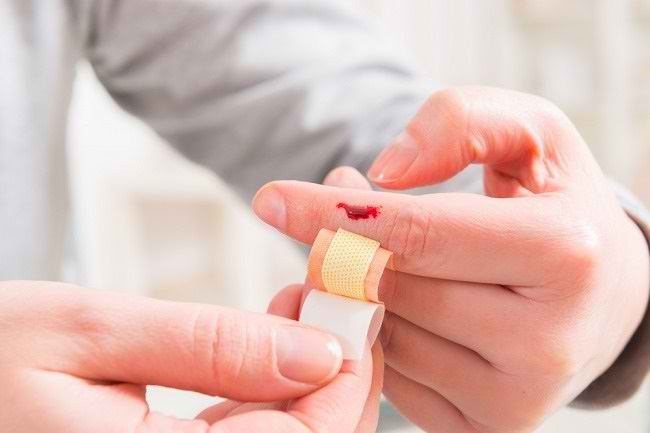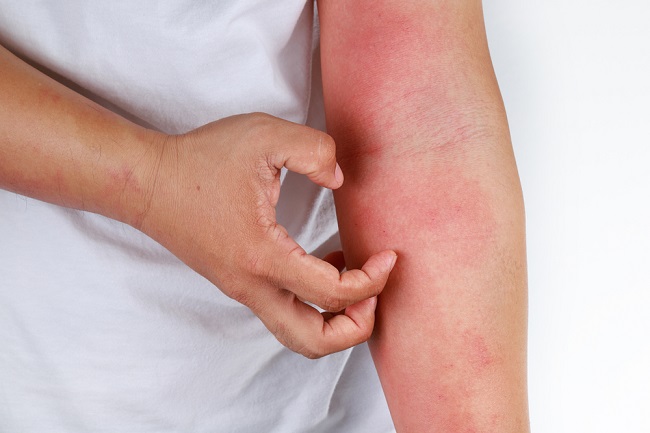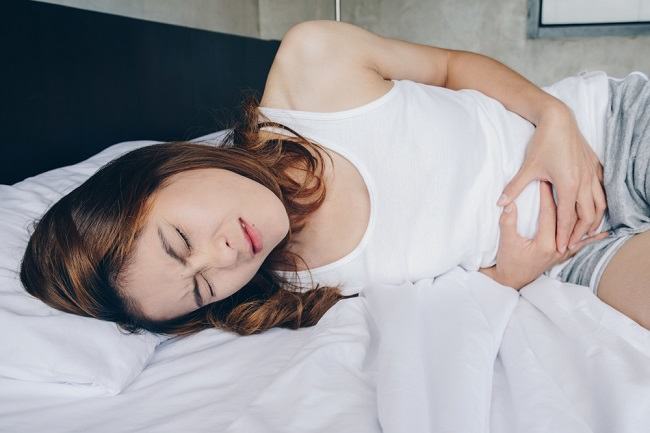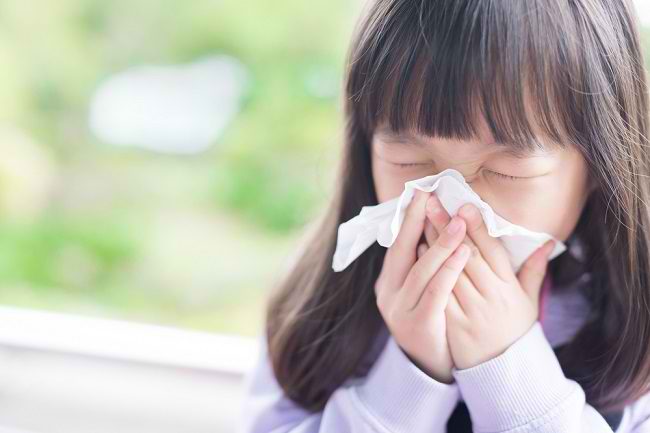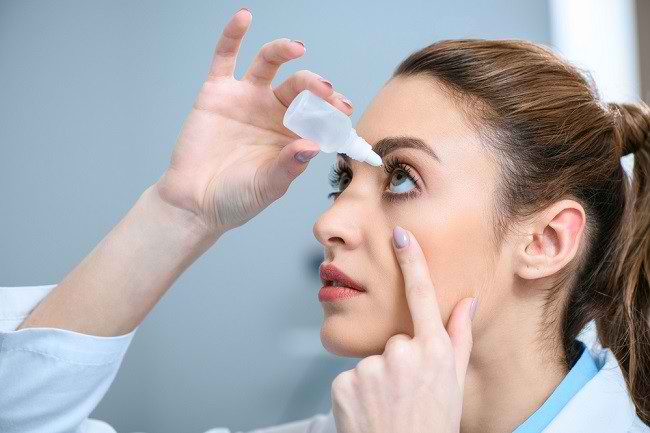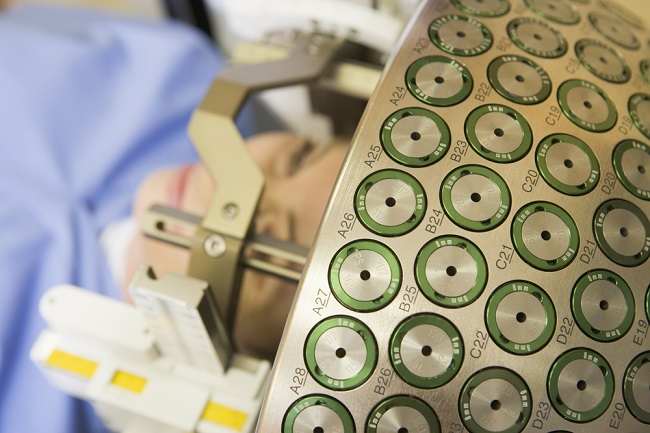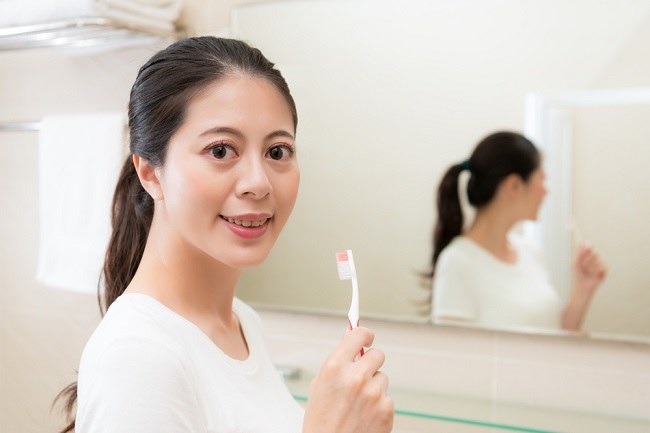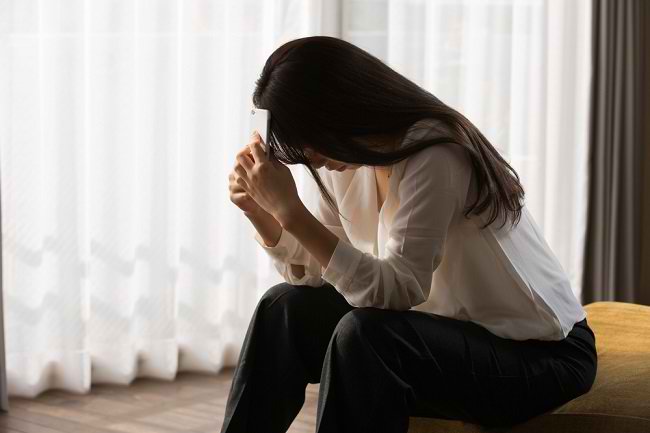Acupuncture has been known as a traditional medical technique to treat various health problems, from back pain, headaches, to difficulty sleeping. Not only that, acupuncture techniques can also be used as part of additional therapy for stroke sufferers.
Acupuncture is one of the oldest medical methods that originated in China and has been practiced for thousands of years. This treatment technique is done by inserting special needles that are small and thin at certain points on the body.

Over time, acupuncture techniques have adapted into a branch of modern medical science called medical acupuncture. Medical acupuncture is performed by medical acupuncture specialists (SpAk) and general practitioners who are certified in the acupuncture field.
Difference Between Traditional Acupuncture and Medical Acupuncture
According to traditional Chinese medicine, the body has a flow of energy called Qi (chi). In a healthy state, the Qi energy in the human body will flow smoothly to various specific organ systems.
The theory also states that the body can experience certain functional disorders or complaints, such as pain, when the flow of chi energy is blocked and cannot flow smoothly throughout the body, for example due to certain injuries or diseases.
To balance and re-launch the flow of chi energy in the body, acupuncture techniques can be used. This principle is believed to stimulate the body's natural ability to recover from illness.
In contrast to traditional acupuncture, medical acupuncture no longer uses the concept of Qi energy, but rather the science of anatomy and physiology of the body to stimulate the function of cells and certain organ systems, such as the nervous system and muscles.
In addition, medical acupuncture techniques are also used to stimulate the release of certain substances in the body, such as serotonin and endorphins, to reduce pain.
Various Conditions That Can Be Treated by Medical Acupuncture Specialists
Until now, treatment with acupuncture techniques has not been widely used as part of the main therapy to treat certain diseases or medical conditions. However, acupuncture acts as a complementary or additional therapy to treat a disease.
Based on evidence from various health research that has been done, acupuncture is known to be useful for alleviating complaints caused by certain medical conditions, such as:
- Tension headaches and migraines
- Pain, such as lower back, neck, and knee pain, or postoperative pain
- Arthritis
- Nerve disorders, for example due to neuropathy, pinched nerves, and carpal tunnel syndrome
- Stomach cramps due to menstruation
- Menopause
- Nausea and vomiting due to chemotherapy side effects and morning sickness
Acupuncture is also used as an adjunct treatment for stroke patients. Acupuncture therapy is believed to relieve pain, muscle stiffness, and help strengthen the movement ability of stroke sufferers, especially the hands and shoulders.
In addition to treating physical disorders, acupuncture can also be used as a complementary treatment to treat psychological disorders, such as stress, anxiety disorders, and depression.
However, until now, the effectiveness and safety of acupuncture as a treatment for various medical problems still requires further research.
Preparation Before Consulting a Medical Acupuncture Specialist
The following are some things you need to prepare before making an appointment with a medical acupuncturist or acupuncturist:
- Make notes about the symptoms you are experiencing, as well as any medications you have taken.
- Also take note of your medical history, as well as your daily habits and lifestyle. This is especially true if you have a bleeding disorder, are taking blood-thinning medications, are pregnant, or are using a pacemaker.
- Make a list of questions that you will ask your acupuncturist, starting with the most important questions, such as whether acupuncture is suitable for your disease, how long you have to undergo acupuncture therapy, to how much it will cost.
- Make sure the doctor or acupuncturist you choose is certified and licensed to practice.
Acupuncture Treatment Therapy Procedure
When undergoing acupuncture therapy, the doctor will ask several questions regarding the patient's complaints, medical history and treatment, as well as the patient's general health condition. After that, the doctor will determine whether the patient needs to undergo acupuncture treatment.
Prior to therapy, the acupuncturist will sterilize the needles to be used and determine the acupuncture points according to the patient's condition or symptoms.
Acupuncture can be performed with the patient sitting or lying down, depending on the location of the needle to be placed. Next, the doctor will insert the needle into the acupuncture point that has been determined.
The needles will usually be left on the acupuncture point for approximately 10–20 minutes. When the needle is inserted, the patient may feel a tingling sensation or slight pain.
Acupuncture therapy usually lasts for 20–60 minutes, depending on the type of disease and the patient's overall health condition. The number of needles used ranges from 5-20 needles in one therapy session.
Sometimes, to treat the patient's medical complaints and conditions, the acupuncturist may perform other procedures, such as massage on acupressure points, electrical therapy through acupuncture needles, or laser acupuncture therapy without needles.
Side Effects of Acupuncture Treatment Techniques
If done correctly and practiced by a trained doctor, acupuncture is quite safe to do and relatively rarely causes side effects.
Even if side effects appear, they are usually mild and do not last long. Possible side effects of acupuncture include dizziness, pain, bruising, or minor bleeding at the puncture site.
However, if it is performed by an unskilled person or the acupuncture needles used are not sterile, then acupuncture risks causing dangerous complications, such as:
- Infection at the puncture site
- Injuries to the skin and certain body organs
- Allergic reactions due to the use of herbal ingredients
- Nervous disorders
- HIV infection and hepatitis
- Bleeding
If performed on pregnant women, acupuncture is also at risk of causing uterine contractions, so that it can cause premature labor.
The thing to remember is that not everyone is suitable for acupuncture treatment. If the symptoms of the disease that you are experiencing do not change after several times undergoing acupuncture therapy, this treatment technique may not be suitable for you.
If you experience some of the health problems mentioned above and want to try acupuncture techniques as a treatment step, you should consult your doctor first. The doctor will conduct a medical examination and determine whether you need to undergo acupuncture or not.
